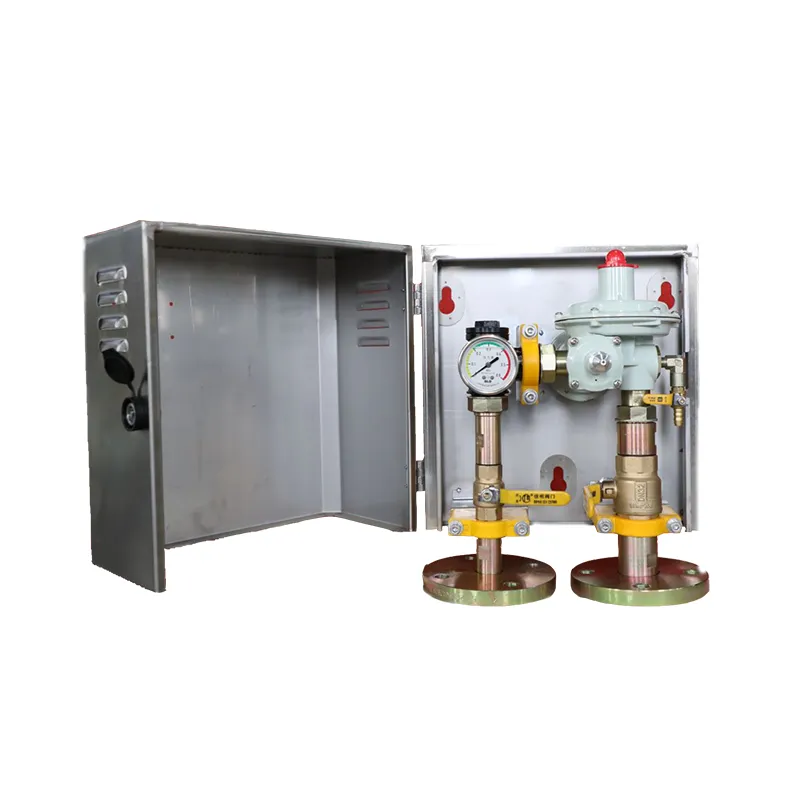
Nov . 13, 2024 18:49
Back to list
filtration
Filtration The Art and Science of Purification
Filtration is a fundamental process widely used in various fields, including water treatment, pharmaceutical manufacturing, chemical processing, and environmental science. At its core, filtration involves separating solid particles from liquids or gases by using a permeable barrier, allowing for the purification of substances and the removal of impurities. While the process may seem straightforward, its applications are diverse, ranging from simple household tasks to complex industrial operations.
One of the most common forms of filtration is water filtration, which seeks to remove impurities from drinking water to ensure it is safe for human consumption. Contaminants such as sediments, bacteria, and harmful chemicals can pose significant health risks. Water filtration systems typically employ various methods, including mechanical filtration, activated carbon filtration, and reverse osmosis, each addressing different types of contaminants. For instance, activated carbon is effective in removing chlorine, sediment, and volatile organic compounds, while reverse osmosis is capable of filtering out dissolved salts and heavy metals.
In the pharmaceutical industry, filtration plays a vital role in the production of sterile products. During the manufacturing of injectable medications, stringent sterilization techniques are essential to eliminate microbial contamination. Membrane filtration is commonly used to achieve this, with specific pore sizes designed to retain bacteria and other pathogens while allowing the desired product to pass through. This ensures that the final product is safe for patient use, reflecting the high standards required in healthcare.
Beyond its applications in health and safety, filtration is also crucial in environmental science. As pollution levels increase, effective filtration methods are needed to mitigate the effects of contaminants in air and water. For example, industrial facilities often incorporate air filtration systems to capture particulate matter and harmful emissions before they enter the atmosphere. Similarly, wastewater treatment plants utilize filtration to remove suspended solids and pathogens from wastewater, allowing for safe discharge into the environment or, in some cases, the opportunity for water reuse.
filtration

Additionally, the development of nanofiltration and ultrafiltration technologies has advanced the field of filtration significantly. These methods leverage membrane technology to separate particles at the nanoscale, allowing for the removal of even the smallest contaminants that traditional filtration techniques might miss. This is particularly valuable in industries such as food and beverage, where the purity of ingredients is paramount to ensuring product safety and quality.
The importance of filtration extends to everyday household activities as well. Simple devices like coffee makers and air purifiers rely on filtration to enhance our quality of life. Coffee makers use filters to separate coffee grounds from the brewed liquid, while air purifiers employ HEPA filters to trap allergens, dust, and other airborne particles, promoting a healthier indoor environment. These everyday applications of filtration demonstrate its pervasive role in improving both health and convenience in our lives.
Innovative advancements in filtration technology continue to emerge, driven by the need for more efficient and effective methods of purification. Researchers are exploring the use of bio-inspired filtration systems, such as those modeled after natural processes found in certain organisms. These developments hold the potential for breakthroughs in how we approach filtration, making it not only more efficient but also more sustainable.
In conclusion, filtration is an essential and multifaceted process that serves various scientific, industrial, and everyday purposes. Its applications span from ensuring safe drinking water and producing sterile medications to maintaining clean air and water in our environment. As technology continues to evolve, the future of filtration looks promising, with new advancements paving the way for more efficient methods of purification. By understanding and harnessing the power of filtration, we can improve the quality of life on multiple levels, making the process not just a method of separation, but an art of purification and sustainability.
Next:
Latest news
-
Safety Valve Spring-Loaded Design Overpressure ProtectionNewsJul.25,2025
-
Precision Voltage Regulator AC5 Accuracy Grade PerformanceNewsJul.25,2025
-
Natural Gas Pressure Regulating Skid Industrial Pipeline ApplicationsNewsJul.25,2025
-
Natural Gas Filter Stainless Steel Mesh Element DesignNewsJul.25,2025
-
Gas Pressure Regulator Valve Direct-Acting Spring-Loaded DesignNewsJul.25,2025
-
Decompression Equipment Multi-Stage Heat Exchange System DesignNewsJul.25,2025

